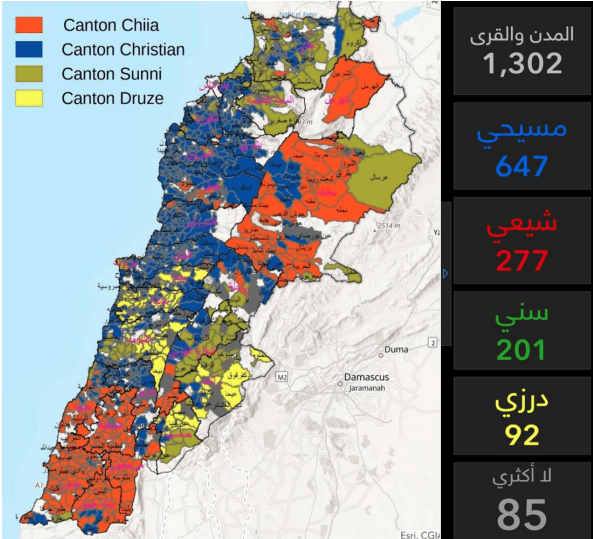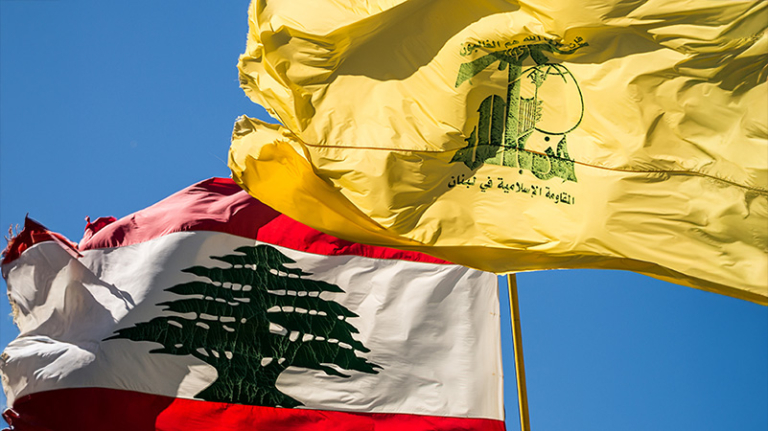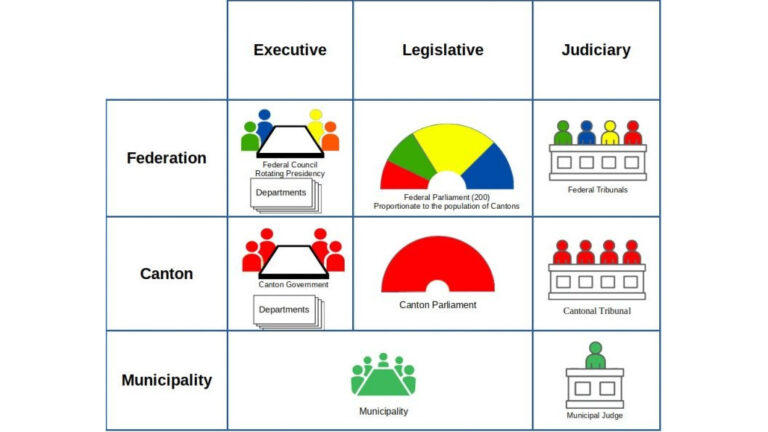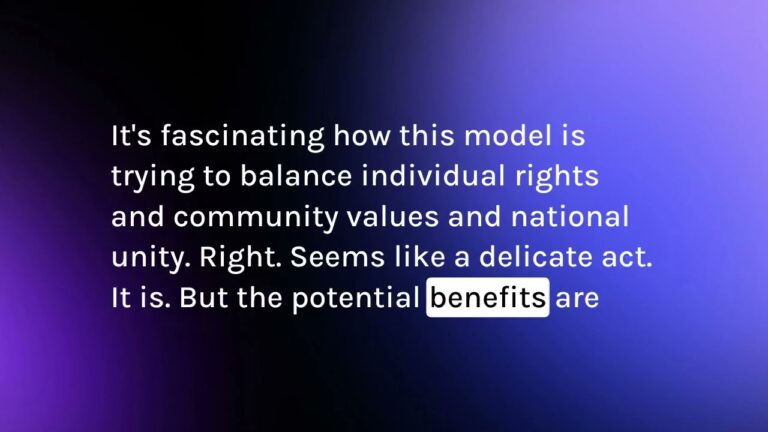(Taken as is from the Opening Preamble of the Swiss Constitution)
In the name of Almighty God!
The Lebanese People and the cantons, mindful of their responsibility towards creation, Resolved to renew their alliance so as to strengthen liberty, democracy, independence and peace in a spirit of solidarity and openness towards the world, determined to live together with mutual consideration and respect for their diversity, conscious of their common achievements and their responsibility towards future generations, and in the knowledge that only those who use their freedom remain free, and that the strength of a people is measured by the well-being of its weakest members; adopt the following Constitution:

Lebanon is the aggregation of four (4) different national narratives (“Roman Nationaux”), deriving from four (4) distinct “Cultural Groups” (each also referred to as an “Ethno-Cultural Group” or a “Group” or an “Identity” or a “Community”) living side-by-side on the territory that is currently the Republic of Lebanon, are distinct groups of individuals sharing within each Group and amongst themselves a specific set of values, beliefs, references, history and background. The members of these Groups are specifically registered as Lebanese nationals. The four (4) Groups are the Sunni, Chiaa, Druze, and Christians.
While each Group keeps its national narrative, history, references, hopes and dreams, culture, civilization, and religion, each Group has agreed to enter into one supra national entity called the Federal Republic of Lebanon.
Each Group will be able to administer and handle its own affairs within its own canton/Region under laws each Group decides to impose upon itself.
After being adopted by all four cantonal Parliaments, the Federal Parliamentary, meeting in public session in Beirut, confirmed, signed, and promulgated the Basic Law for the Federal Republic of Lebanon. The Basic Law is hereby published in the Federal Official Gazette.
Lebanese in the Chiite, Druze, Sunni and Christian cantons, have decided to live amongst themselves in peace and prosperity. This Basic Law thus applies to the entire Lebanese population organized under the four (4) ethno-religious Groups.
All the provisions of the current constitution shall be amended and replaced by this Basic Law.
The present Basic Law shall prevail in case of any contradiction between the present Basic Law and any previous text, law, decree, constitution, decision, order, or judgement.
This federation deed is valid until 2099 and will be resubmitted for vote at that time. It can be terminated earlier in certain instances where the federal government ceases to perform its function or under certain other conditions stated herein.
Number of cantons
The number of cantons is set herein at 4 for illustration purposes only. That number can and will vary based on the will of the populations. The various populations will express their will at the first constitutive municipal elections. At such time, municipalities will be allocated to cantons. The number of such cantons will be then determined. For instance, Orthodox municipalities might decide to erect their own canton. Same for Armenians
or Alawites.
Also, individuals who refuse to identify based on any historical narrative, could incept their own canton. This one will be located in the unique municipality located in the capital i.e. in the central part of Beirut.



